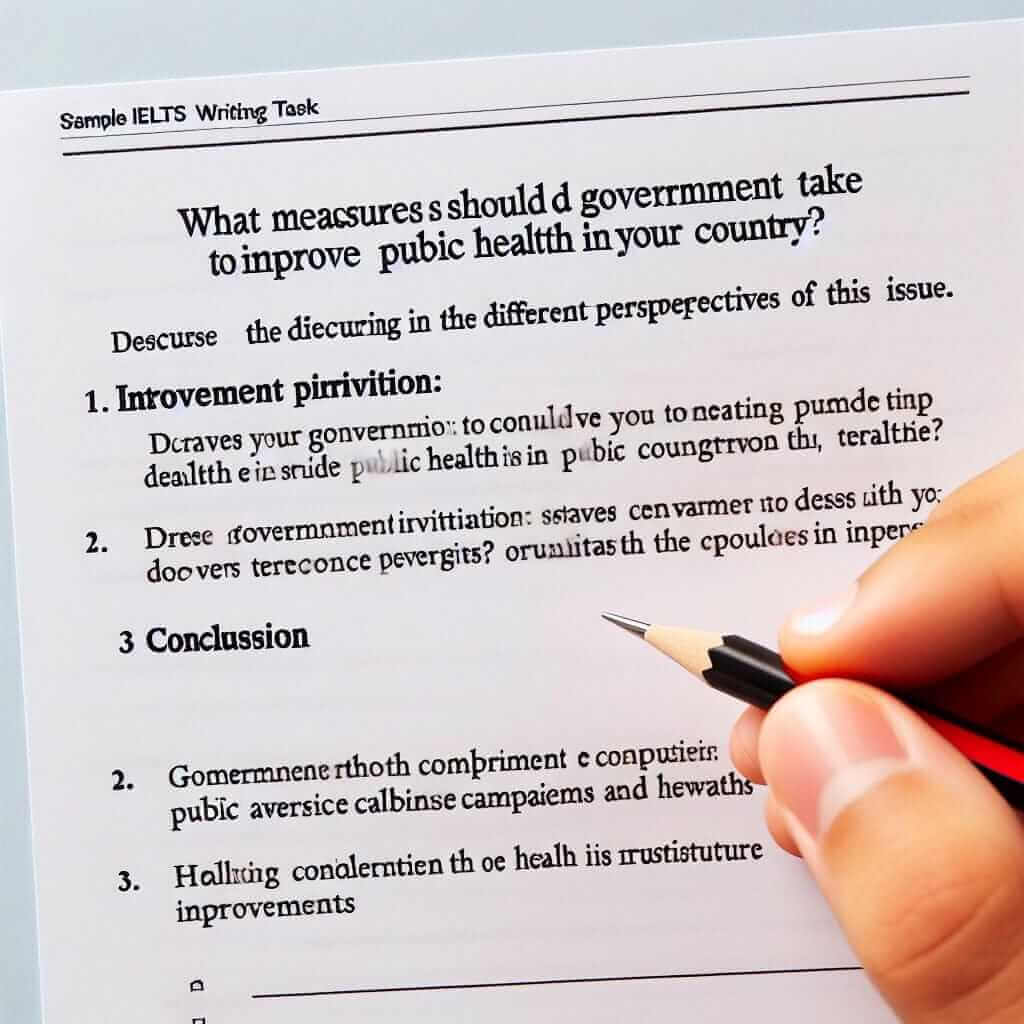For aspiring English language learners, particularly those aiming to pursue higher education or migration opportunities, achieving a high IELTS score is often a crucial step. An 8.5 in IELTS Writing is a testament to exceptional English proficiency, demonstrating mastery of complex grammar, vocabulary, and coherent argumentation. This comprehensive guide delves into the nuances of IELTS Writing, providing you with expert strategies and practical tips to help you attain this impressive score.
Understanding the Significance of an 8.5 Writing Score
An 8.5 in IELTS Writing signifies a writer can consistently produce well-structured, detailed responses that are error-free and exhibit a wide range of vocabulary. It reflects a strong command of grammatical structures, cohesive devices, and the ability to present arguments logically and persuasively. Universities and immigration agencies often require this level of proficiency as evidence of a candidate’s ability to communicate effectively in academic and professional settings.
Mastering the Four Assessment Criteria
The IELTS Writing test assesses your writing abilities based on four key criteria: Task Response, Coherence and Cohesion, Lexical Resource, and Grammatical Range and Accuracy. Let’s examine each criterion and explore how to excel in each:
1. Task Response
This criterion evaluates your ability to address all parts of the task, present a well-developed response, and support your ideas with relevant examples.
Tips for Success:
- Analyze the Prompt: Carefully read the task prompt to fully understand the question and the specific requirements.
- Plan Your Response: Before you start writing, take a few minutes to brainstorm ideas and create a clear outline.
- Develop Your Ideas: Ensure each paragraph has a central theme and provide supporting evidence or examples for your claims.
- Address All Parts: Pay attention to all components of the task and ensure your response directly answers every aspect.
2. Coherence and Cohesion
This criterion assesses the overall organization and flow of your essay. A coherent essay presents ideas logically, uses cohesive devices effectively, and ensures a smooth transition between paragraphs.
Tips for Success:
- Use Paragraphing Effectively: Divide your essay into well-structured paragraphs, each focusing on a single main idea.
- Use Cohesive Devices: Utilize a variety of linking words and phrases (e.g., furthermore, however, as a result) to connect ideas within and between paragraphs.
- Use Pronoun Referencing: Employ pronouns (e.g., it, they, this) accurately to avoid repetition and maintain a natural flow.
3. Lexical Resource
Lexical resource refers to your vocabulary range and accuracy. To achieve an 8.5, you need to demonstrate a wide range of vocabulary and use it accurately and appropriately.
Tips for Success:
- Expand Your Vocabulary: Make a conscious effort to learn new words and phrases, particularly those related to common IELTS themes.
- Use Less Common Vocabulary: Show the examiner your vocabulary range by incorporating less common words where appropriate.
- Avoid Informal Language: Maintain a formal tone throughout your writing and avoid using slang or colloquialisms.
4. Grammatical Range and Accuracy
This criterion assesses your ability to use a variety of grammatical structures accurately and appropriately.
Tips for Success:
- Use a Variety of Sentence Structures: Incorporate different sentence structures, such as complex and compound sentences, to demonstrate your grammatical range.
- Pay Attention to Tenses: Ensure you are using the correct verb tenses consistently throughout your essay.
- Proofread Carefully: Before submitting your writing, thoroughly proofread for any grammatical errors, including subject-verb agreement, article usage, and punctuation.
Examining Sample IELTS Writing Tasks
Let’s analyze a sample IELTS Writing Task 2 question and outline a potential response:
Task:
Some people believe that the best way to improve public health is by increasing the number of sports facilities. Others, however, believe that other measures are required in addition to this. Discuss both views and give your own opinion.
Outline of a Potential Response:
Introduction:
- Paraphrase the task question and state your opinion.
Body Paragraph 1:
- Discuss the benefits of increasing sports facilities (e.g., encourage physical activity, reduce obesity rates).
- Provide specific examples to support your claims.
Body Paragraph 2:
- Discuss other important measures for improving public health (e.g., promoting healthy diets, raising awareness about mental health).
- Explain why these measures are crucial in addition to sports facilities.
Conclusion:
- Summarize the main points and restate your opinion in a clear and concise manner.
 Sample IELTS Writing Task
Sample IELTS Writing Task
Essential Tips for IELTS Writing Success
- Practice Regularly: The more you practice, the more confident you will become in your writing abilities.
- Seek Feedback: Ask a teacher or a native English speaker to review your writing and provide feedback on areas for improvement.
- Manage Your Time: In the exam, allocate your time wisely, ensuring you have sufficient time to plan, write, and proofread both tasks.
- Read Widely: Reading extensively in English will expose you to different writing styles and enhance your vocabulary.
- Focus on Clarity and Accuracy: While it’s important to demonstrate a wide range of vocabulary and grammar, prioritize clarity and accuracy in your writing.
Conclusion
Achieving an 8.5 in IELTS Writing is an ambitious goal that requires dedication, strategic practice, and a deep understanding of the assessment criteria. By focusing on each of the four key areas, diligently expanding your vocabulary and grammatical range, and practicing regularly, you can significantly improve your writing skills and move closer to your desired score. Remember, consistent effort and a strategic approach are key to unlocking your full potential in IELTS Writing.


